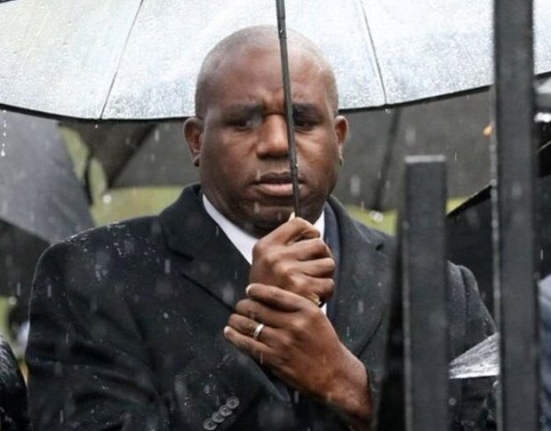Security Minister sets out new measures at global expo
Britain will invest more in sovereign security, boost cyber protections and embed tougher safety standards under sweeping reforms announced at the International Security Expo 2025.
Security Minister Dan Jarvis MBE MP used his keynote speech at the London event to outline the government’s plans to modernise the UK’s security sector, build resilience against emerging threats, and back industry to drive innovation.
Rising global risks
Jarvis said the world faced “deep global instability and volatility”, with hostile state activity, terrorism, cyber crime and border security challenges posing interconnected dangers.
He highlighted recent cyber attacks on Heathrow, Jaguar Land Rover and Marks & Spencer as stark reminders of the risks to critical national infrastructure and the economy.
“The government is taking concerted action to repel the many different threats we face,” he told delegates, pointing to new offences for espionage and sabotage, a crackdown on ransomware, and expanded police powers under the Crime and Policing Bill.
Major funding commitment
At the heart of the government’s new National Security Strategy is a pledge to spend 5% of GDP on national security by 2035 – a historic uplift designed to fund sovereign capability, strengthen the UK’s industrial base and reinforce partnerships with business.
Jarvis underlined the economic importance of the sector, which directly employs 148,000 people, achieved £24 billion in turnover last year and generated £11 billion in exports. “Industry is not just another supplier,” he said. “It is absolutely fundamental to our national security.”
Backing SMEs and innovation
A series of reforms will give small and medium-sized enterprises greater access to procurement and innovation opportunities. Funding streams through Innovate UK, the British Business Bank and the Defence and Security Accelerator will target growth areas such as AI, cyber, counter-drone technology and digital forensics.
The minister said UK trade envoys and ambassadors would be mobilised to champion security exports worldwide, with demand for British expertise already high in markets from Poland and Morocco to Saudi Arabia and Colombia.
Martyn’s Law implemented
Jarvis confirmed progress on the Terrorism (Protection of Premises) Act, widely known as Martyn’s Law, named after Manchester Arena bombing victim Martyn Hett. The legislation will require public venues and events to strengthen protections against attacks.
A 24-month implementation period will give businesses and local authorities time to prepare. Over the summer, Home Office officials briefed more than 1,000 organisations on their new obligations.
Security industry reforms
The minister also announced tougher checks on private security licensing, a crackdown on training malpractice, and the creation of S12, a new industry-led body to give the sector a unified voice in discussions with the government.
Closing his speech, Jarvis urged delegates to “set our sights even higher” and strengthen public-private partnerships: “Whatever sector you work in, you are part of the most important mission for any society – keeping people safe from harm.”







